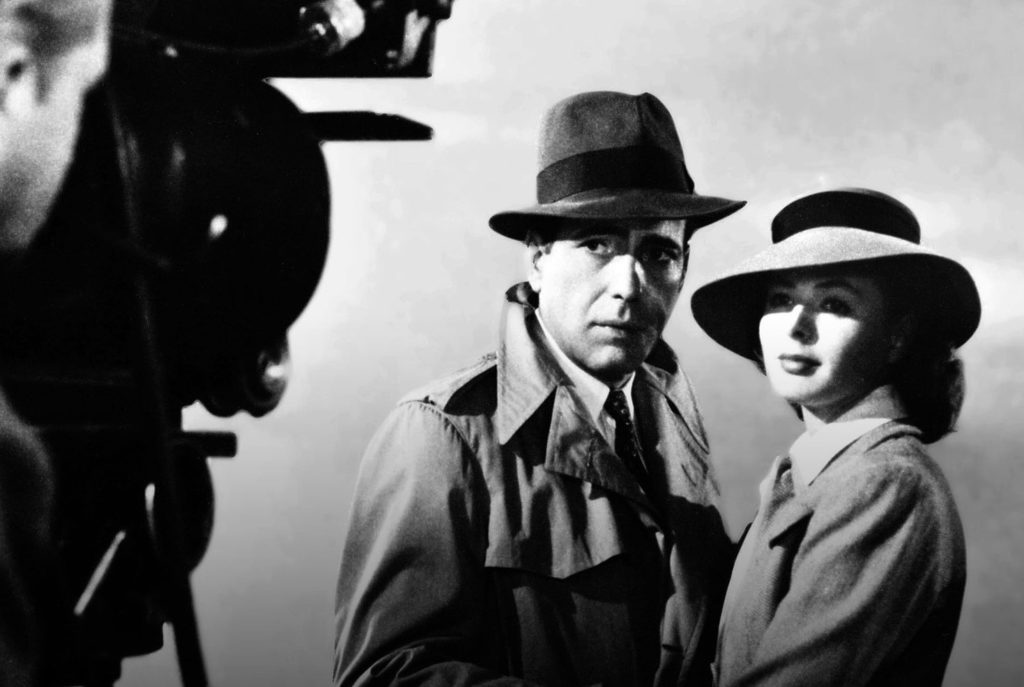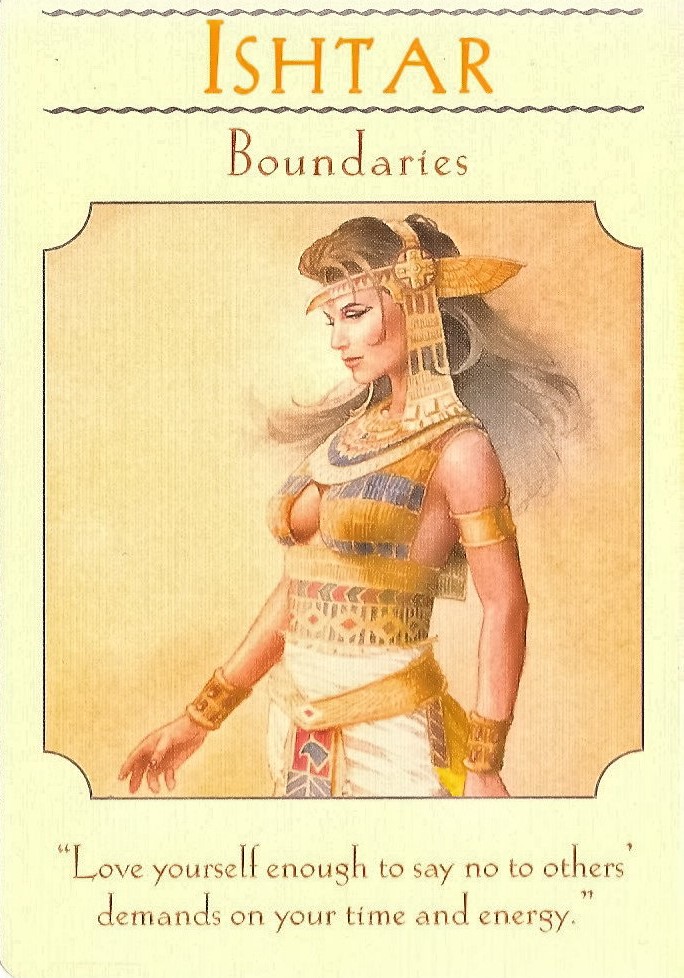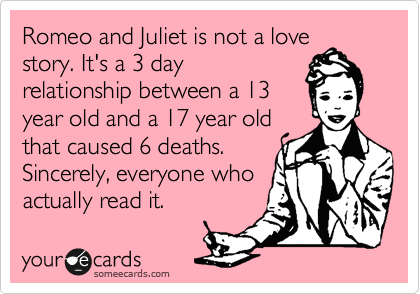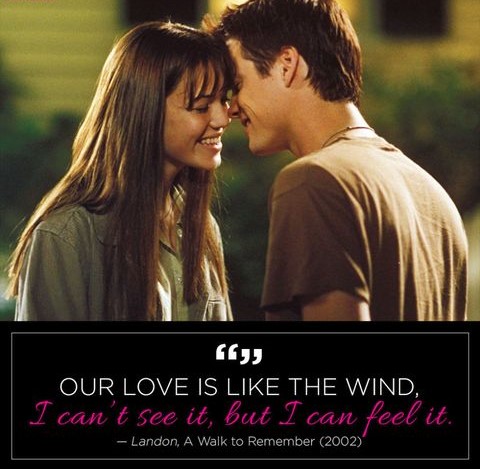
Romantic stories offer so much more than a way to escape reality—they teach us valuable lessons about some of love’s toughest lessons and give us a sense of what we want from our own love lives. Boost your love life with wisdom from these classic inspirational love stories. (Estimated reading time: 6 minutes)
“The course of true love never did run smooth.”
— William Shakespeare
Who doesn’t love a good romantic story? Whether it’s a complex saga, filled with drama and suspense like a Danielle Steel novel, or a fluffy, feel-good rom-com, like “When Harry Met Sally,” romantics long to be swept away into these fantasy worlds.
Inspirational love stories have always been part of the zeitgeist. In fact, they can be traced all the way to ancient Mesopotamia, around 6000 years ago, when myths of Ishtar, the goddess of war and love from the Sumerian religion, inspired rituals and beliefs.
Ishtar was far from a damsel in distress. She was a warrior deity, capable of vengeance and formidable in combat (as her shepherd husband, Tammuz, would find out). Although the pair had an intimate and loving connection, their romance did not last, and they were soon separated by disloyalty and demons from the underworld.

What Ishtar established early on is not only the power of the feminine but the dichotomy that exists in every relationship. The famous quote, “love is a battlefield,” is inspired by her story. It expresses how the presence of affection does not negate love’s capacity to confuse and bruise when our darker nature rises.
Early narratives, like that of Ishtar, set the stage for the avalanche of stories, poems, and plays in the years that followed. The most memorable ones, like the stories of Emily Brontë, John Keats, and Rumi, showcased the intimate bond between two individuals in ways that deeply touch us.
The best inspirational love stories are the ones with a connecting theme woven through the plot, that not only focuses on the main characters, but also on the dynamic conflict that occurs in actualizing the bond. The heart of the story highlights the struggle and anticipation each one feels as they come together.
The emotions felt between both people gives us a visceral sense of the nuances and subtleties that go beyond the mind. In this way, we gain a deeper understanding of the intent and purpose of relationships, and a palpable sense of the themes of our own lives and what we want from them.

In essence, that’s the purpose of storytelling – to connect us to each other and discover parts of ourselves we didn’t previously know. We can learn a lot about ourselves from stories, whether they be about passionate affairs, tragic heartbreaks, or wholesome relationships that end in a sweet union. We see both the light and shadow aspects of our nature mirrored back to us by the characters.
Storytelling is compelling because we’re wired for it. It offers a temporary refuge from the mundane—a place we can escape to where anything is possible, and where we can find our own version of “happily ever after.” Indulging in stories is more than just an attempt to escape reality, but a place to renew our faith when we feel lost and lonely.
And yet, love stories are a lot more than just beacons of hope. They can be great sources of wisdom and insight. As social creatures, we learn more from stories that are personal and emotionally gripping. Studies show that they engage the brain more and are better remembered than a set of facts because they offer vicarious experiences that allow us to feel what the characters feel.
For instance, when we see Rose weep as she lets go of Jack in the film ‘Titanic,’ and watches him sink into the ocean, we weep along with her because we sense the immensity of her loss. We melt while watching the scene where Joe Fox wipes Kathleen Kelly’s tear and says, “Don’t cry, Shop Girl,” in ‘You’ve Got Mail,’ because we know the joy that comes from uniting with someone we love.

It’s not easy for us to disassociate when we’re fully immersed in the scenes, but if we detach and reflect later, we’ll discover pearls of wisdom embedded in these stories. While we can never fully understand the gravity of a love experience until we live it ourselves, we can gain wisdom and use it to navigate our own love stories and understand some of love’s hardest lessons.
I’ve put together a list of five lessons we can learn from classic inspirational love stories, based on the most common and recurring themes that I’ve seen in books and movies.
1. Circumstances aren’t always convenient: We can’t help who we develop feelings for or when, and often lovers find themselves in circumstances that don’t allow the relationship to flourish. Obstacles may include distance, bad timing, and differences in family, social, religious, and cultural backgrounds, living in a time of war, crises, or a pandemic. In situations like this, our commitment will be tested, and we must put in the extra effort to make it work and last.
Stories with this theme: Romeo and Juliette, Gone with the Wind, Becoming Jane.
2. True love goes beyond appearances (and it isn’t always obvious): While physical attraction is a starting point for most relationships, it isn’t what makes people stick around. That’s because true love requires more than just surface attraction to last for the long-haul. A person needs to have something special, that “je ne sais quoi,” that makes them irresistible to us, like their kindness, sense of humor, confidence, or nurturing nature.
Stories with this theme: A Midsummer Night’s Dream, The Truth About Cats and Dogs, Shrek.
3. Love requires us to take chances and trust: Opening up to an intimate partner means that we must get comfortable with vulnerability and let them see all parts of us. Creating walls makes it hard to develop a meaningful and deep connection. It’s incumbent on us to heal past trauma and hurts so that we can lower our guard and let someone in.
Stories with this theme: Jerry Maguire, Pride and Prejudice, Bridget Jones Diary.
4. Love can sometimes mean letting go: Often it’s the movies with the bittersweet endings, where lovers must part ways, that grab us the most. These stories remind us that love can persist even if the other person is not physically present. The meaningful memories you shared with them can leave an impression that lasts a lifetime. Instead of feeling sad about their absence, we can be grateful for the joy that they brought into our life.
Stories with this theme: Casablanca, Pocahontas, Titanic, Memoirs of a Geisha.
5. You must love yourself before you can love someone else: When you accept and love yourself, you don’t need someone else’s approval to feel complete. By making your needs, interests, and goals a priority, you’ll have a positive vibe and open personality that will naturally attract someone who appreciates you for who you are, and who will give you the love you deserve.
Stories with this theme: Bridesmaids, The Hunchback of Notre Dame, My Big Fat Greek Wedding.
Ancient Roman poet Virgil once said, “Omnia vincit amor et nos cedamus amor,” which translates to “Love conquers all, let us yield to love.” Yielding to love goes beyond our need for companionship and desires. It fulfills our deeper, spiritual need to connect with the principal universal force behind human life: a force that is timeless, pure, and boundless.
All my best on your journey,
Seline

Question for you: What is your favorite inspirational love story? What are the key lessons you learned from it?
Did you like this post? Sign up below, and I’ll send you more awesome posts like this every week.

Have Your Say